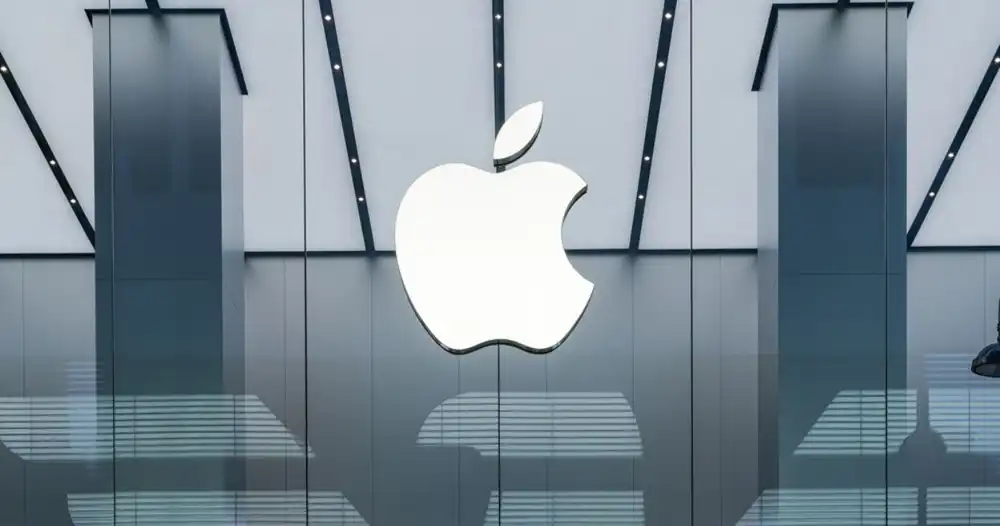lipflip – Starting January 1, 2026, Texas will enforce the App Store Accountability Act (SB 2420), changing how minors use app stores. Signed into law by Governor Greg Abbott in August, the act mandates that users under 18 join a Family Sharing group. These minors must also get parental consent before downloading apps, making purchases, or completing in-app transactions.
Read More : Win a Custom RTX 5080 Claptrap PC in Nvidia Giveaway
In response, Apple has announced the rollout of its Declared Age Range API. This tool helps developers determine the age category of users accessing their apps. Apple plans to release additional APIs later this year. These will allow developers to request renewed parental consent if an app significantly changes after the initial approval.
Apple has consistently expressed concern about state-level age-verification laws. In May, CEO Tim Cook urged Governor Abbott to veto the bill. Apple later stated it supports stronger child safety measures but worries about risks to user privacy. The company criticized the law’s requirement for collecting personally identifiable information, even for simple tasks like checking the weather.
Broader Impact Across States and Industry Pushback
The Texas law is not an isolated case. Similar age-verification laws will take effect in Utah on May 7, 2026, and Louisiana on July 1, 2026. Apple says the parental control systems it implements in Texas will also apply in those states.
Google has also revealed its upcoming changes for the Google Play Store in response to the new laws. Like Apple, Google opposes these legislative moves. In a blog post from March, Google’s public policy director, Kareem Ghanem, argued that companies like Meta are behind these proposals. He claims they are trying to shift their own safety responsibilities onto app store platforms.
The debate continues over who should bear the burden of protecting minors online. Apple and Google appear committed to complying with new laws, despite voicing concerns. Their approach aims to preserve user privacy while aligning with state mandates.
As these rules roll out, developers will need to adapt quickly. The tools provided by Apple and Google are intended to ease this transition. App makers must now plan for stricter compliance demands, particularly when their apps target younger audiences. Legal counsel and technical updates will likely become standard parts of development cycles.
Looking ahead, these state laws may set a precedent for national or global standards. How tech companies respond in 2026 could shape future digital policies on age verification and data protection. The evolving landscape signals increased regulatory scrutiny, prompting both small developers and large platforms to prioritize child safety and privacy in app design.
